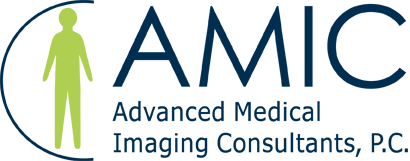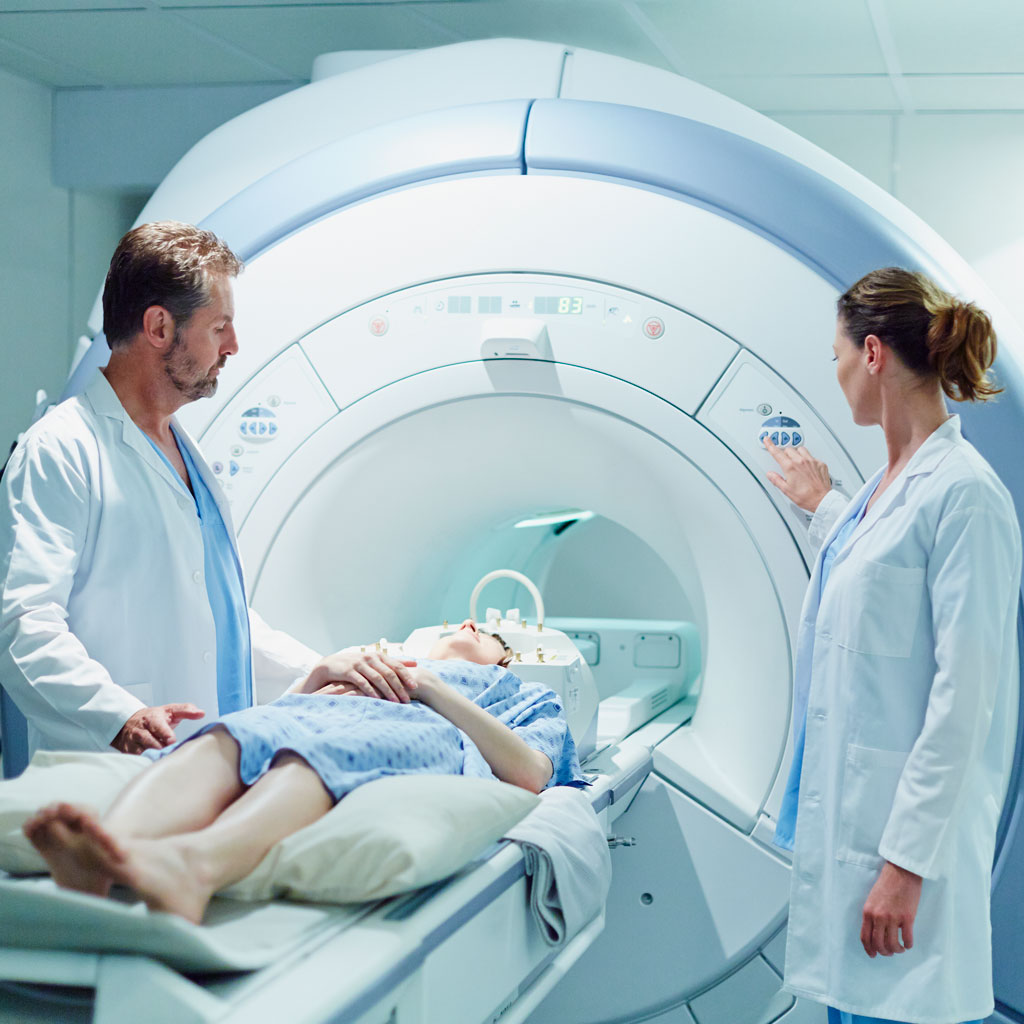An estimated 95 million MRI scans are performed each year worldwide. Here’s what you might not already know about MRI.
MRI, which stands for magnetic resonance imaging, can be used to diagnose a variety of conditions. Your doctor might order an MRI scan to examine your brain, bones, heart, or other internal organs. MRI allows doctors to take a closer look at the inside of your body, especially when the cause of your symptoms is unknown.
MRI scanners use strong magnets and radio waves to produce detailed images of the area being scanned. Your body contains magnetic hydrogen atoms, which line up with the system’s magnetic field during an MRI scan. The radio wave knocks the atoms down, and the system measures the time it takes for your atoms to return to their initial position. This allows the MRI computer to create images of your body. One MRI scan produces many images, which can be combined to create a three-dimensional image.
Receiving an MRI scan can take anywhere from 15 to 90 minutes. You will lie on a special bed, which will be moved inside the scanner. The technologist will be in a separate room controlling the MRI machine, but you will be able to talk to them throughout the entire process. Electric currents in the scanner produce loud tapping noises during the scan. You may have the option to listen to music or use an eye mask to relax, just ask the staff. If you do not receive a sedative, you will be able to resume normal activities immediately following your MRI scan.
Before the scan, your doctor will give you instructions on how to prepare. Take all of your medications unless otherwise directed. You should wear comfortable clothes to your appointment, and be prepared to remove any metal objects such as jewelry, hearing aids, and glasses.
MRI is extremely safe and effective. There is a slight risk of an allergic reaction to the contrast agent if one is used. If you have any metal concerns such as a pacemaker, please discuss these with your doctor.
MRI at locations served by Advanced Medical Imaging Consultants
Advanced Medical Imaging Consultants serves locations that offer MRI scans in northern Colorado, southern Wyoming, and western Nebraska. If you would like to schedule your MRI appointment, please choose the location most convenient for you by visiting https://amicrad.com/about-us/locations/.
References:
- Magnetic Resonance Imaging (MRI) and its global impact in Healthcare. (n.d.). Retrieved April 9, 2023, from https://www.researchgate.net/publication/331563555_Magnetic_Resonance_Imaging_MRI_and_its_global_impact_in_healthcare
- Mayo Foundation for Medical Education and Research. (2021, September 4). MRI. Mayo Clinic. Retrieved April 9, 2023, from https://www.mayoclinic.org/tests-procedures/mri/about/pac-20384768
- NHS. (n.d.). MRI scan. NHS choices. Retrieved April 9, 2023, from https://www.nhs.uk/conditions/mri-scan/
- U.S. Department of Health and Human Services. (n.d.). Magnetic Resonance Imaging (MRI). National Institute of Biomedical Imaging and Bioengineering. Retrieved April 9, 2023, from https://www.nibib.nih.gov/science-education/science-topics/magnetic-resonance-imaging-mri

